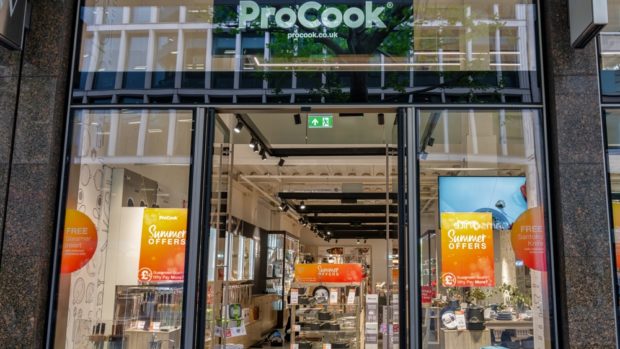A European card payment solutions provider, is urging small businesses to be vigilant in the face of fraudulent card payments accepted over the phone, and shares tips that SMEs can deploy to protect themselves and their customers.
As the Covid-19 pandemic forced the closure of physical stores and with customers locked down at home, many SMEs ventured into the eCommerce arena for the first time, and are now grappling with fraudulent card transactions.
The year 2020 also goes down in history as being the worst year for data records being exposed, at over 36 billion. High-profile data breaches affecting big name brands show that no business is immune to cybercrime and evolving fraud threats. Every business that accepts card payments online or over the phone is at risk of fraud.
SMEs face fraud on two fronts – accepting fraudulent transactions and being a victim of a data breach themselves. Whether taking card-present payments in-store, or card-not-present (CNP) payments over the phone or online, fraud prevention is not just a cost of doing business – it must be treated as a strategic business priority if an SME wants to succeed and thrive in the future.
Jaime Lowe, Sales Director at UTP Group, comments: “It’s crucial that SMEs have strong fraud prevention knowledge and tools in place. If fraud levels exceed the determined threshold (roughly 1 per cent) stipulated by payment schemes like Visa and Mastercard, SMEs are likely to face costly fees and fines that they can ill-afford. In fact, if fraud rates exceed thresholds by a significant amount, businesses could be shunned by payment processors altogether, dealing a damaging blow to their bottom line.”
Even as 2021 sees life returning to normality, many SMEs will continue to take a high volume of card payments over the phone. Phone payments are safe, so long as SMEs have the right security measures implemented, such as following PCI and SCA protocols, but there are further measures SMEs can take to safeguard against payment fraud.
Mr Lowe added: “There is a general misconception that if a card security code (the three-digit CVV code on the back of the card) and the address verification check are verified, then an SME is protected against fraud. However, that’s not necessarily the case and these additional checks are not a guarantee that the SME will be paid for the transaction.”
According to UTP, its top tips to help SMEs mitigate against CNP fraud arising from phone-based payments are:
- When delivering goods, always use a reputable carrier who can provide proof of delivery.
- Only deliver goods to the address given by the cardholder when performing the address check. Be wary of orders to an address where the recipient can’t be identified as the cardholder. A fraudster may have temporary access to a delivery address.
- Be very cautious if the customer decides that they want to collect the goods. In this circumstance, you should refund the original transaction and start a new one as a cardholder-present chip and PIN transaction.
- Never release goods to a third party (such as a taxi driver or courier) who claims they were sent by the cardholder.







Share